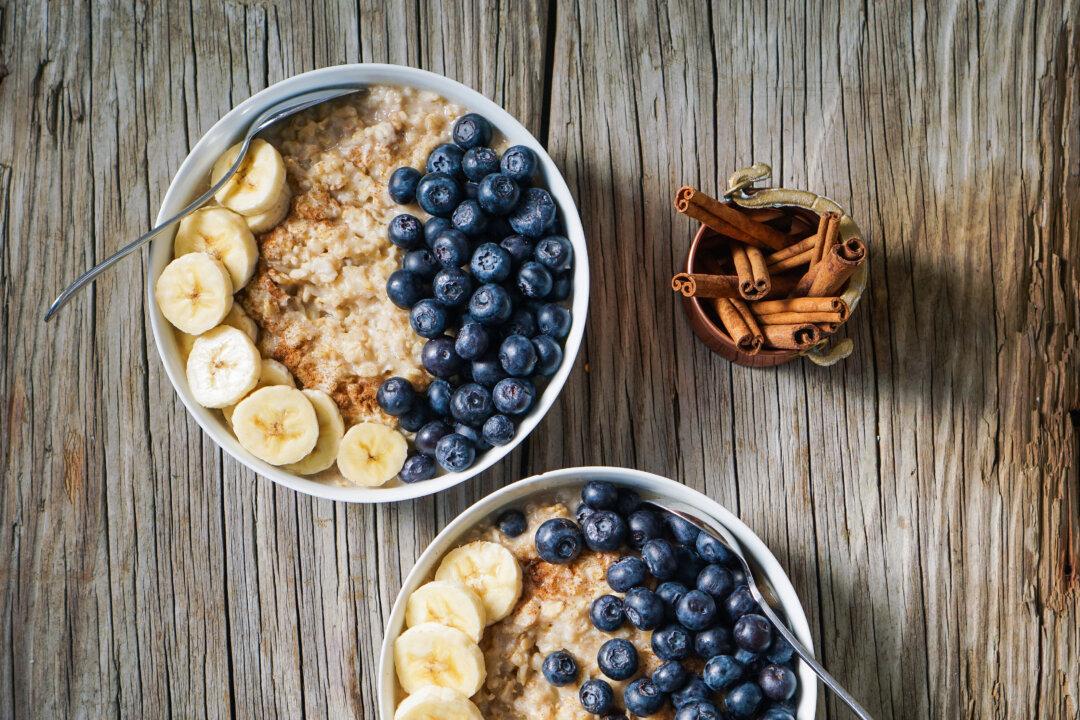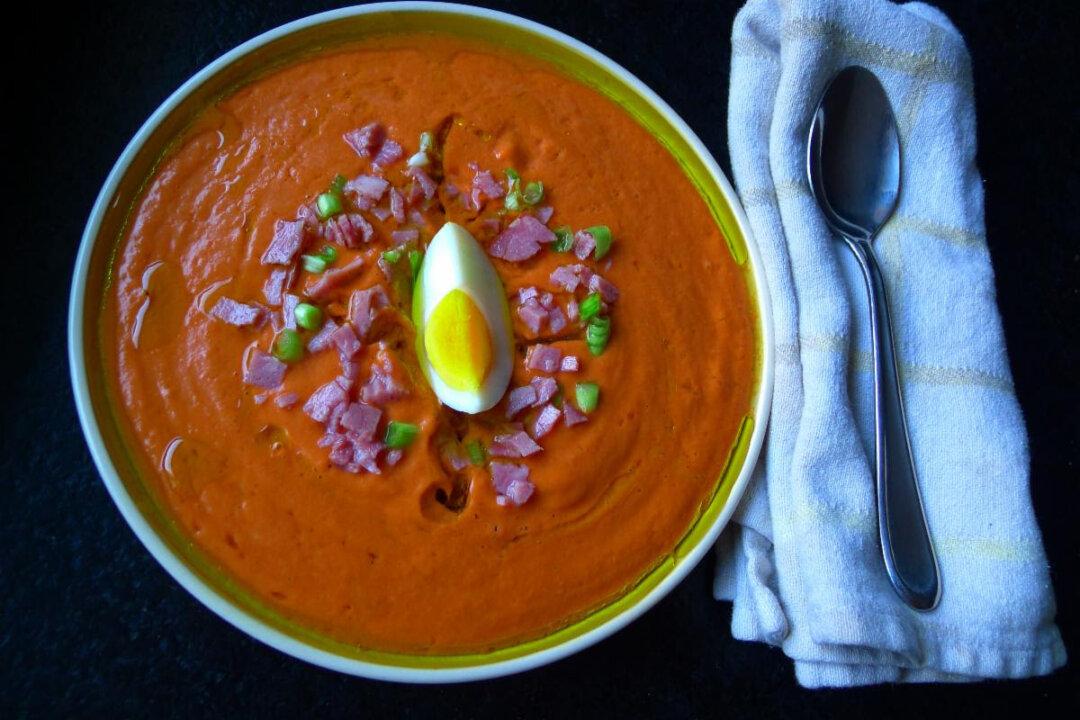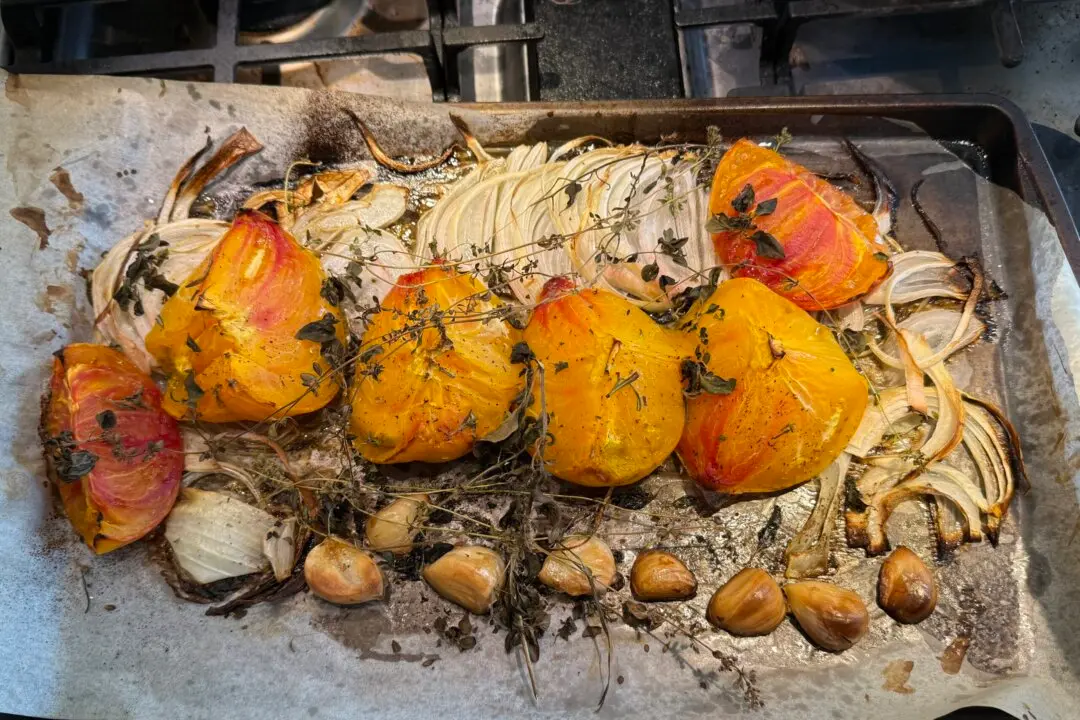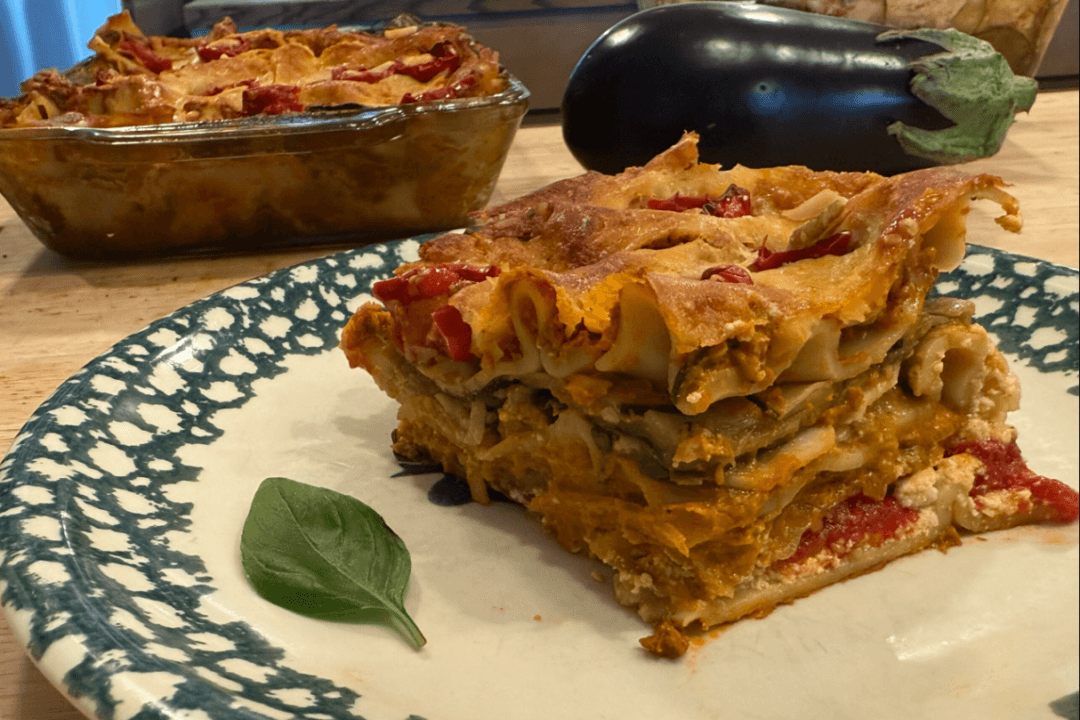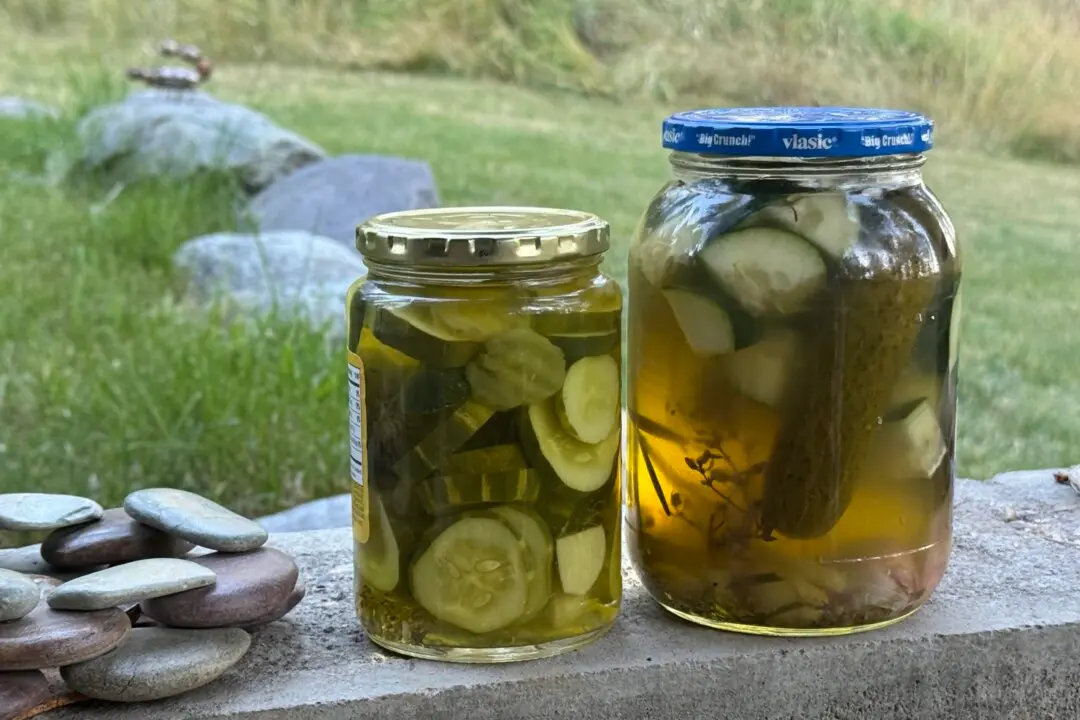“You have to eat oatmeal or you’ll dry up. Anybody knows that.”
The above claim has never been disproved. It was authored by Kay Thompson and uttered by a 6-year-old girl named Eloise, who lived in The Plaza Hotel in New York with Weenie the dog and Skipperdee the turtle. Ever since I first saw that quote, in the margin by the oatmeal raisin cookie recipe in “The Silver Palate Cookbook,” I’ve wondered what she meant.

